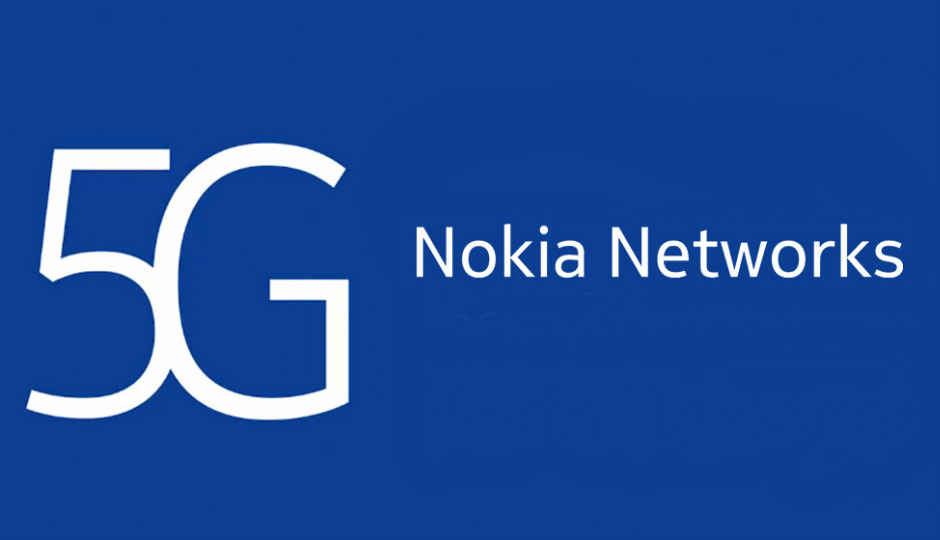Nokia Networks in talks with telcos for 5G network trials
Preparing for the future, even before pan-India 4G rollout completes.

Nokia Networks, the wholly owned subsidiary of Nokia and part of the Telecommunications Standards Development Society in India, is reportedly in talks with telecom operators to begin trial of next generation 5G networks in the country. A report by the Press Trust of India states that Nokia Networks has already started testing 5G connectivity in association with operators in countries like United States of America, South Korea and Japan, and trials are set to begin in India, soon.
 Survey
SurveyWhile 5G trials are seemingly close to inception, India remains in the middle of pan-India 4G network rollout. Bharti Airtel became the first operator to roll out 4G network connectivity in India back in 2012, and since then, Vodafone and Reliance have notably followed suit. Vodafone now offers SuperNet 4G across multiple service circles alongside Airtel, and Reliance is close to a public rollout of its 4G network connectivity. Much of the nation’s devices still operate on 3G connectivity, and still many on 2G. The fifth generation of connectivity, or 5G, seems to be a distant dream in India’s present network scape, and would not become mainstream before 2020, as projected by Milivoj Vela, Head of Mobile Broadband at Nokia Networks, to PTI.
5G network connectivity has the potential to deliver data at speeds of 100Mbps (megabits per second), and data delivery capacity that is 1,000 times higher than existing networks. Nokia Networks clarified that while primary data services will be pushed to 5G bandwidth upon commercialisation of the technology, voice-over-Internet services will still be operated on 4G networks. 5G connectivity will have latency that is lesser than 1ms, and hence, will find widespread application in more developed usage scenarios.
5G networks will operate in spectrum bands above the 6GHz frequency. Mobile data spectrum operates between 700MHz and 2.6GHz, while WiFi networks operate between 2.4GHz and 5GHz. With 5G, the entire quality of network services is expected to improve, alongside speeds. However, while the first commercial services may be unveiled by 2020, in remains an interesting observation if our networks improve fast enough for adapting to 5G standards within the next four years.